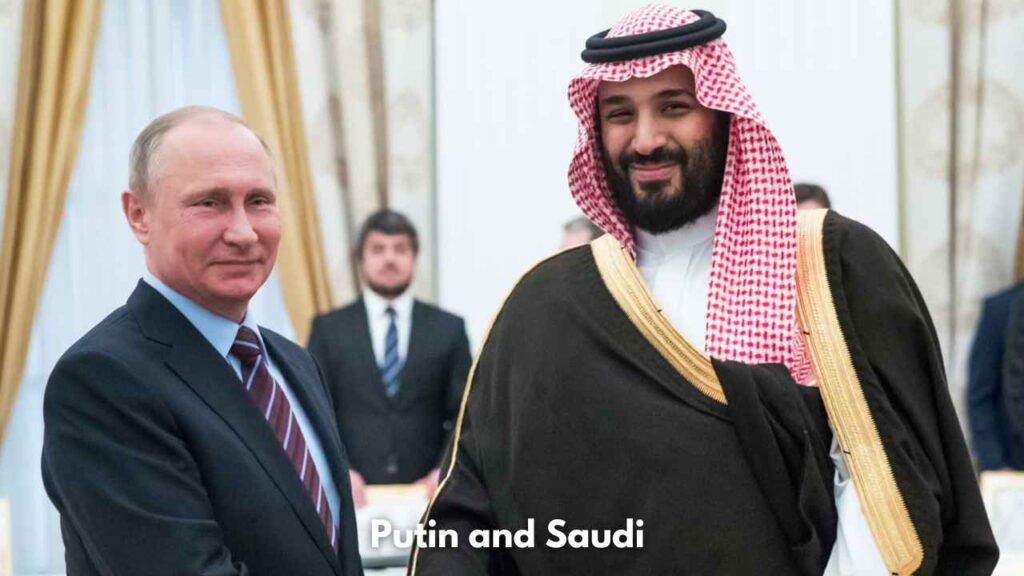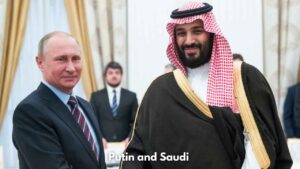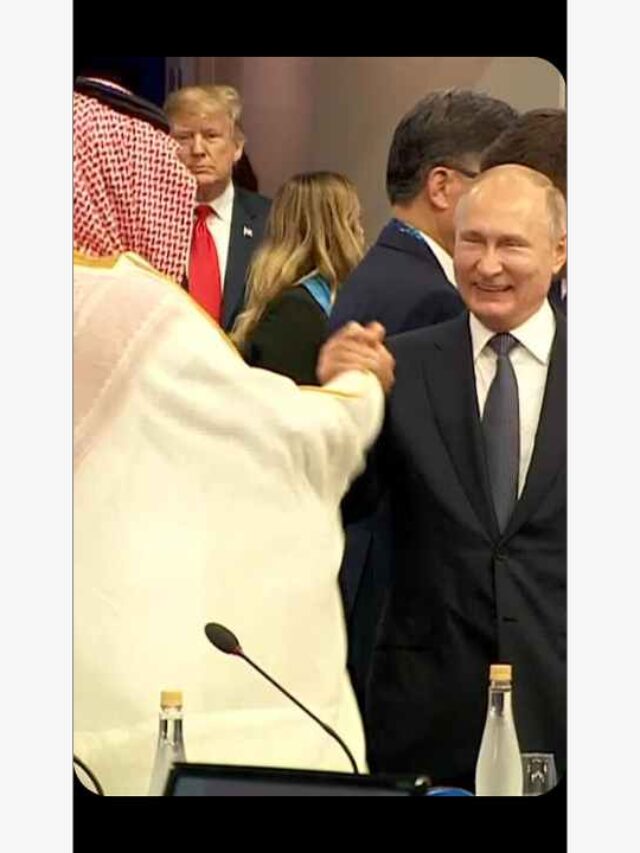russian president vladimir putin : The recent telephone conversation between Russian President Vladimir Putin and Saudi Crown Prince Mohammed bin Salman has sparked discussions on ensuring stability in the energy market and cooperation within the OPEC+ framework.

Both leaders expressed their appreciation for the high level of collaboration, but concerns regarding transparency in Russian oil production were raised.
This article delves into the details of the conversation, the OPEC+ deal, and the implications for the global energy market.
- What is the Name Given to the Center of the Island in Fortnite?
- UK-India Young Professionals Scheme How To Apply
- What is the Recommended Serving Size of Fruit?
- Why is a Cloud Environment Crucial for Generative AI to Work?
- What is the Heaviest Stone in Stonehenge
The Importance of Ensuring Stability in the Energy Market
Maintaining stability in the energy market is crucial for both Russia and Saudi Arabia.
The stability ensures a balanced supply and demand of oil, which plays a pivotal role in global economic growth.
Putin and Mohammed bin Salman recognized the significance of stability in their telephone conversation, emphasizing the need for prompt and effective measures to maintain the balance.
The OPEC+ Framework and Cooperative Efforts
The OPEC+ framework, consisting of OPEC members and non-OPEC oil-producing countries like Russia, aims to stabilize the oil market by coordinating production levels.
The framework has been successful in managing oil prices and avoiding extreme fluctuations.
Putin and the crown prince acknowledged the positive results of the OPEC+ deal and expressed their appreciation for the cooperation it has fostered.
Frustration Over Lack of Transparency in Russian Production
While the Kremlin portrayed the conversation as positive, Saudi Arabia voiced concerns about the lack of transparency in Russian oil production.
This issue has been a point of contention, especially during the recent OPEC+ meeting.
The Saudi side highlighted the importance of transparency to ensure accurate assessments of supply and demand, which ultimately influence market dynamics.
OPEC+ Decision to Extend Current Cuts
During the OPEC+ meeting, it was decided to extend the current production cuts until the end of 2024.
Saudi Arabia, the leading OPEC producer and the world’s largest crude oil exporter, announced it would voluntarily reduce its production by 1 million barrels per day (bpd) in July, with the possibility of extending the cut beyond that month. Russia also committed to reducing its production by 500,000 bpd.
Inconsistent Russian Crude Oil Export Data
Despite the commitments to production cuts, recent data on Russian crude oil exports indicate an increase rather than a decrease.
Russia has stopped reporting its oil production levels, making it challenging for the market and analysts to track their supply accurately.
Instead, vessel-tracking data, trade sources, and import statistics from countries like China and India serve as indicators of Russian oil supply.
Saudi Arabia’s Call for Transparency
Following the OPEC+ meeting, Saudi Energy Minister Prince Abdulaziz bin Salman emphasized the need for transparency regarding Russia’s oil production figures.
Discussions between Saudi Arabia and Russia focused on clarifying Russia’s data to ensure a clear understanding of its production levels.
Enhancing transparency is seen as crucial for effective collaboration within the OPEC+ framework.
Conclusion
russian president vladimir putin : The telephone conversation between Putin and Mohammed bin Salman highlighted the ongoing efforts to ensure stability in the energy market.
Both leaders expressed their satisfaction with the level of cooperation within the OPEC+ deal. However, concerns regarding transparency in Russian oil production remain, prompting Saudi Arabia to seek greater clarity.
The commitment to extending production cuts until the end of 2024 demonstrates the determination to maintain a balanced oil market.
- What is the Name Given to the Center of the Island in Fortnite?
- UK-India Young Professionals Scheme How To Apply
- What is the Recommended Serving Size of Fruit?
- Why is a Cloud Environment Crucial for Generative AI to Work?
- What is the Heaviest Stone in Stonehenge
FAQs
What is the OPEC+ deal?
The OPEC+ deal is a cooperative effort between OPEC member countries and non-OPEC oil-producing nations, primarily led by Russia. Its objective is to stabilize the global oil market by coordinating production levels and managing supply and demand.
Why is stability in the energy market important?
Stability in the energy market ensures a balanced supply and demand of oil, which is crucial for global economic growth. It helps prevent extreme fluctuations in oil prices and provides stability for both oil-producing countries and consumers.
What is the role of transparency in oil production?
Transparency in oil production allows accurate assessments of supply and demand, enabling market participants to make informed decisions. It helps build trust among oil-producing countries and fosters effective cooperation within organizations like OPEC+.
How are Russian oil production levels tracked without official reporting?
Since Russia has stopped reporting its oil production levels, analysts rely on alternative sources of information, such as vessel-tracking data, trade sources, and import statistics from countries like China and India.
What are the implications of extending the production cuts until the end of 2024?
Extending the production cuts demonstrates the commitment to maintaining a balanced oil market. It aims to stabilize oil prices and prevent oversupply, which could negatively impact oil-producing countries and the global energy market.

